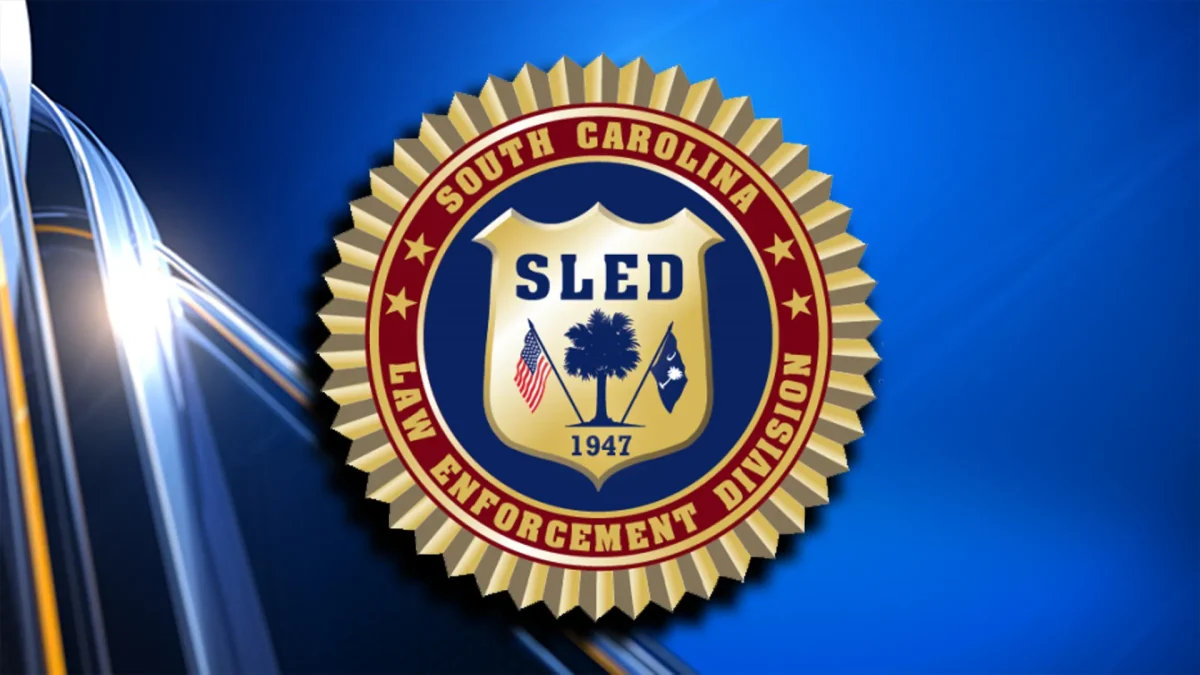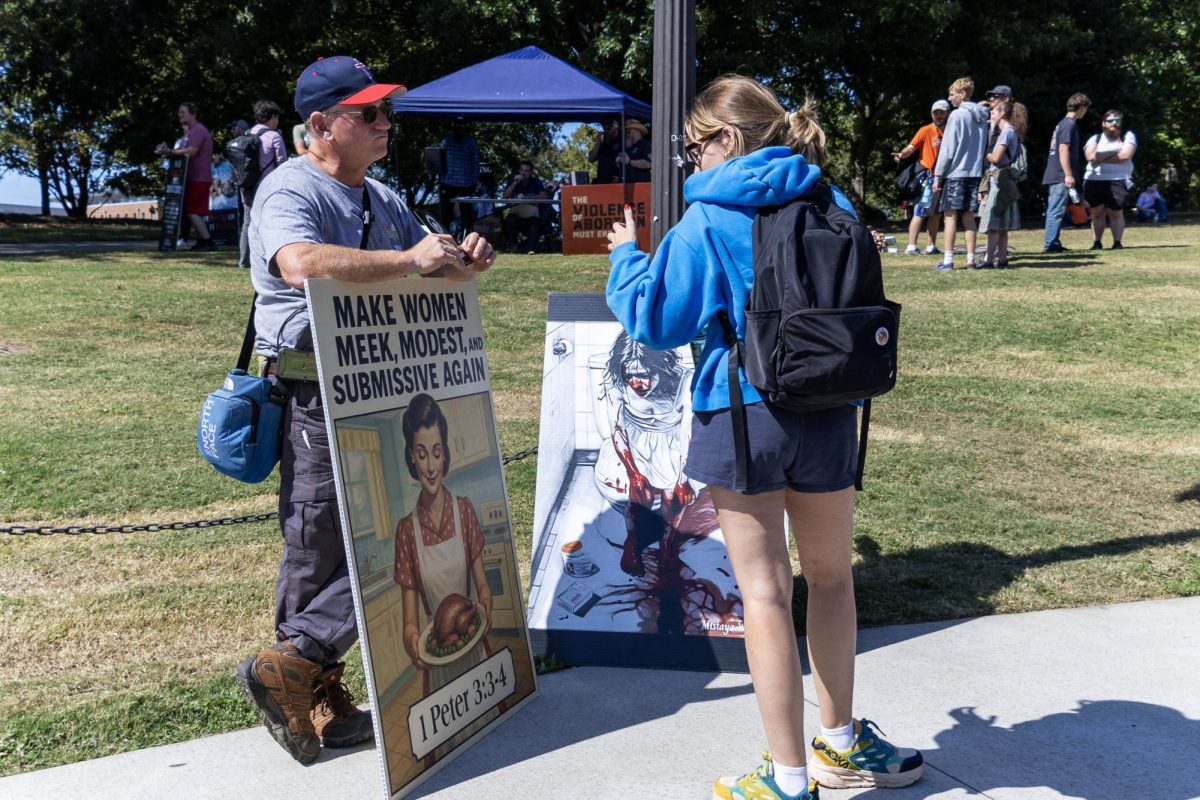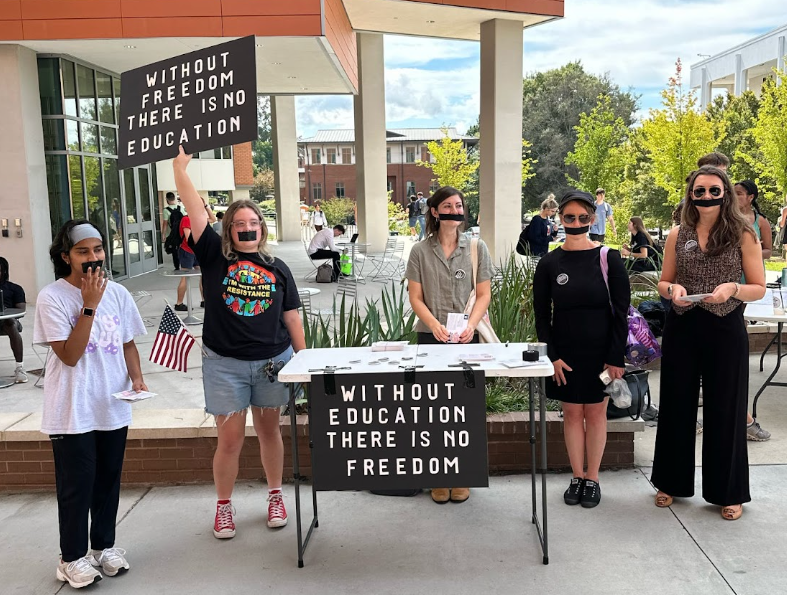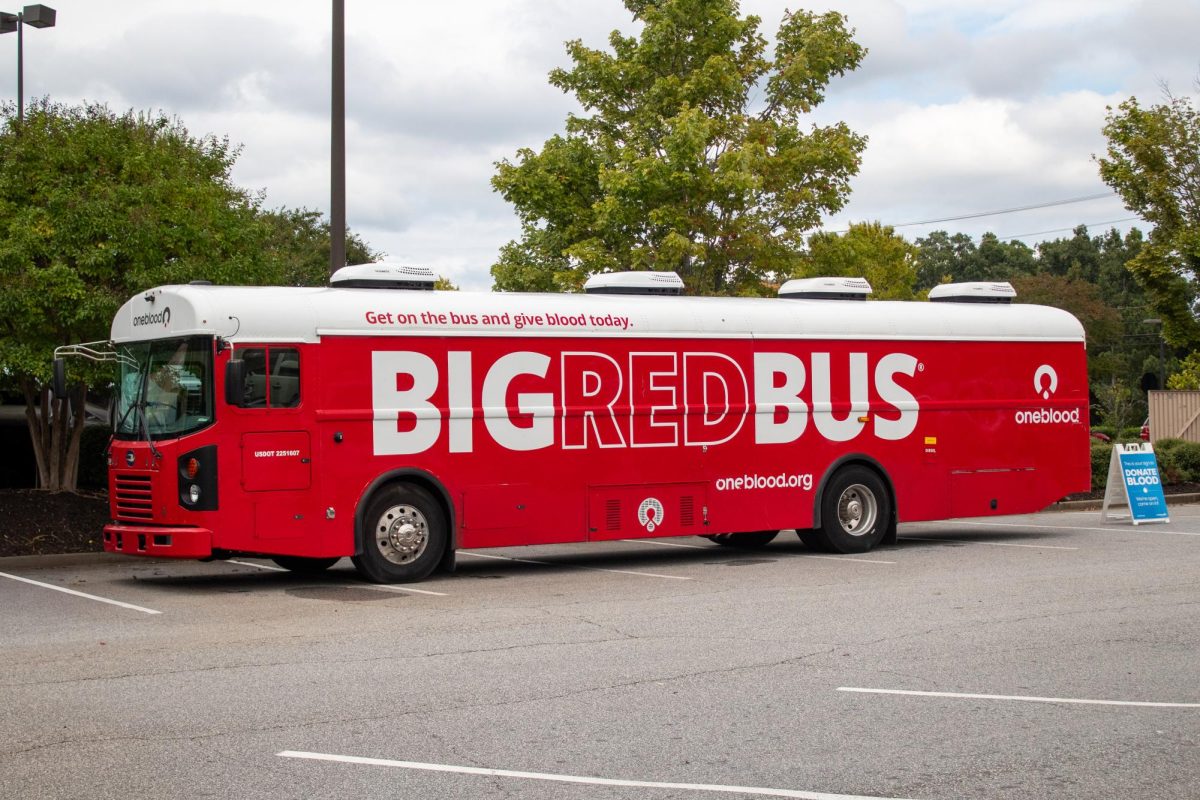In order to provide more support in enforcing alcohol violations, special agents from the South Carolina Law Enforcement Division, known as SLED, have been patrolling downtown Clemson for the last several weekends alongside the city of Clemson Police Department.
Renée Wunderlich, SLED’s director of public information, defined the organization as “an assisting agency that can be requested for support like manpower and/or technical expertise to help a local police department or sheriff’s office,” in an email to The Tiger.
“Alcohol Enforcement Agents investigate possible violations of beer/wine/liquor laws and regulations … Agents in this section conduct licensed location inspections, unlicensed location investigations as well as compliance checks utilizing underage cooperating individuals,” according to SLED’s website.
The Tiger interviewed captain Connie Sonnefeld of SLED’s Office of Alcohol, Narcotics and Vice Services over the phone on Tuesday.
When asked about specific measures SLED has taken to decrease underage drinking, Sonnefeld told The Tiger that special agents focus on executing enforcement in “areas prone to underage drinking,” which helps reduce the access of alcohol to underage individuals.
SLED discerns whether college students are over or under 21 in a bar based on a variety of factors, according to Sonnefeld. Special agents are trained to notice both behaviors and physical appearance that indicate an individual is under 21, and if they need clarification, agents will question the individual.
The Office of Alcohol, Narcotics and Vice Services also trains agents to notice telltale signs that an ID is fake. Sonnefeld told The Tiger that there are certain items that agents look for on identification cards, which can prove validity or not.
Sonnefeld noted that SLED agents have both applications on their phones and a digital scanning operation system, both of which allow them to check whether an ID is fake.
Sonnefeld also spoke on the fake ID scanners implemented last year in downtown Clemson.
“The scanners are an effective tool, and although they don’t catch 100% of everything, they are helping reduce underage individuals gaining access to alcohol.”
In March, Jorge Campos, city police chief, reported at a city council meeting that so far in 2024, almost 20% of IDs were identified as fake with the new software. This data comes from six of 15 businesses in Clemson that were eligible to implement the scanners.
Sonnefeld is familiar with the company Intellicheck, which creates the software for the scanners, and said that bars in downtown Clemson will continue to utilize the system since “they have also been effective in other areas in South Carolina.”
Sonnefeld believes the main goal SLED hopes to achieve with alcohol regulations is to ensure compliance by inspecting businesses that sell alcohol and enforcing underage compliance.
These businesses in Clemson can include, but are not limited to, downtown bars, gas stations, liquor stores and restaurants.
Although Sonnefeld could not provide statistics for 2024 so far, she told Tiger that in 2023, SLED wrote “26 underage alcohol-related citations, including MIPS and possession or use of a fake ID or another’s ID.”
In South Carolina, an MIP charge is considered a misdemeanor. Beer, wine or liquor MIP charges in Clemson result in possible consequences such as court appearance, jail time, fines, community service, diversionary and alcohol education programs, suspension of driver’s licenses and more, according to The Bateman Firm.
“Research indicates that alcohol use during the teenage years can interfere with normal adolescent brain development and increase the risk of developing alcohol use disorder … underage drinking contributes to a range of acute consequences, such as injuries, sexual assaults, alcohol overdoses and deaths,” Jennifer Goree, Clemson’s director of Healthy Campus, said in an article by Clemson News.
The Tiger asked Sonnefeld how enforcement has shifted to accommodate changes at the University over the past couple of years, such as bars, restaurants and hotels replacing vacant buildings in downtown Clemson as well as student population growth. Sonnefeld said that the main accommodation is that SLED adds these additional locations to their list of places to conduct alcohol enforcement inspections.
“Local agencies call on us for assistance,” Sonnefeld told The Tiger, noting that the division works especially during football games and sporting events to aid city police in conducting underage alcohol compliance inspections. Sonnefeld said that this collaboration reduces underage individuals from being inclined to access alcohol.
In terms of whether SLED has a schedule for agents to visit Clemson, Sonnefeld said that “there’s no specific set schedule,” and that agents and supervisors work on dates with availability for them.
Sonnefeld told The Tiger that this school year has been “pretty consistent with what it has been in the past,” in terms of needing SLED enforcement in Clemson.
“Each time we’re in Clemson, it’s a different experience,” Sonnefeld noted. “We’re happy to be there and assist Clemson and local agencies.”










